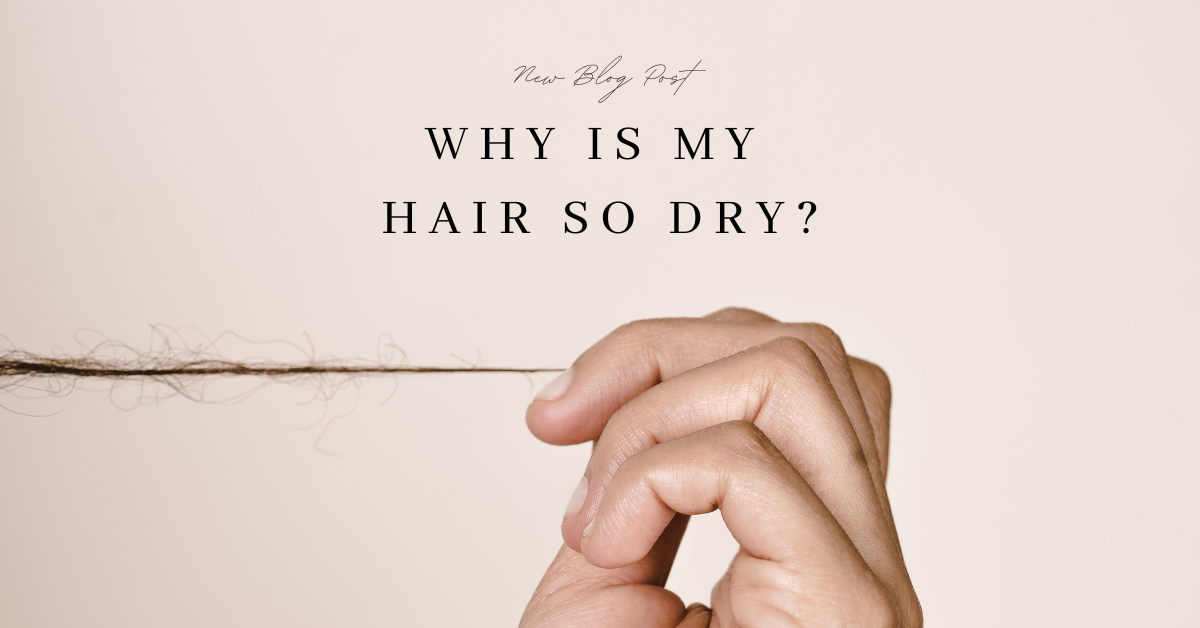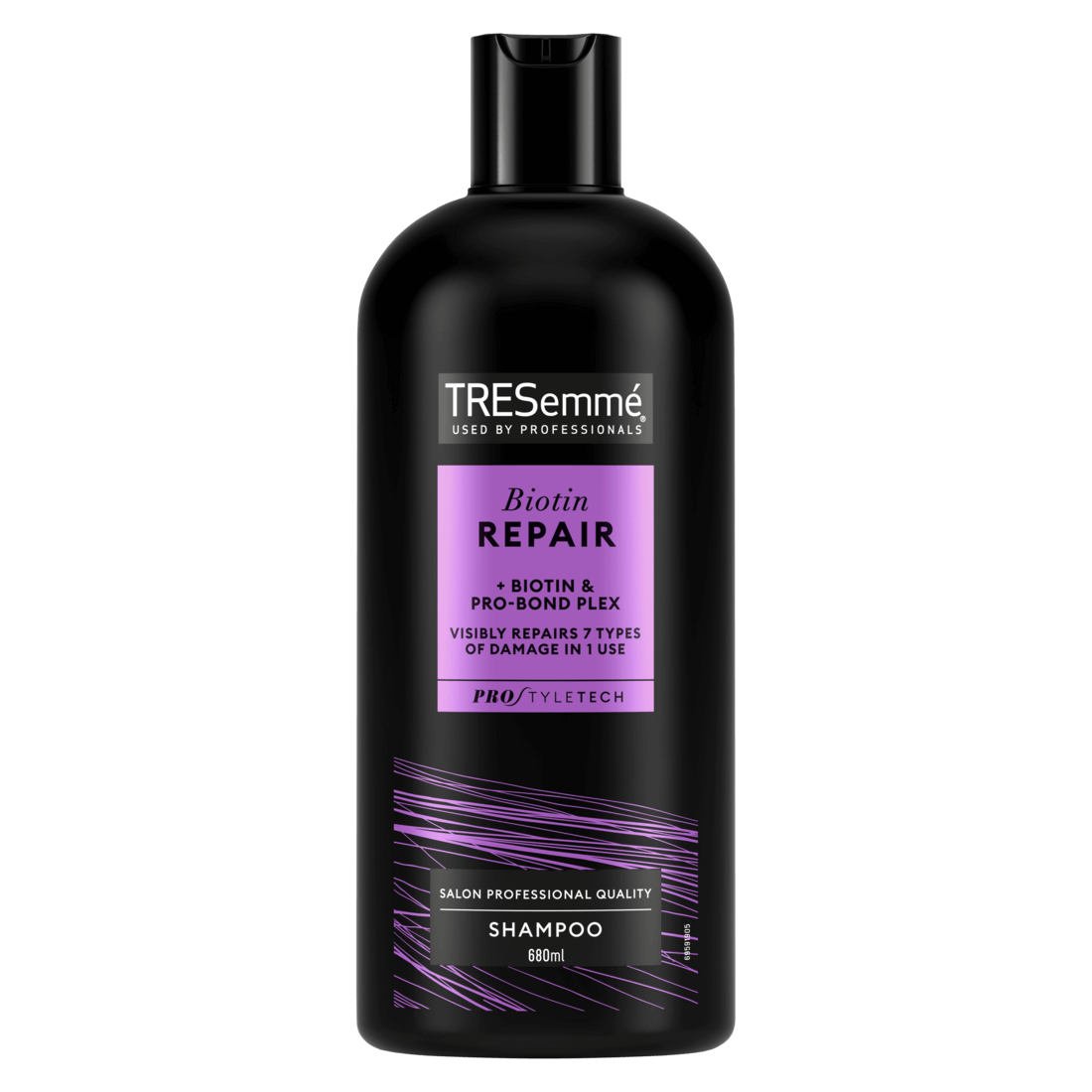Have you ever wondered why your hair feels dry and brittle after using shampoo? If so, you're not alone. Many people experience this common issue, and understanding the reasons behind it can help you make better decisions for your hair care routine. Hair dryness caused by shampoo is often linked to factors like product ingredients, washing frequency, and individual hair types.
Shampoo is an essential part of maintaining scalp hygiene and keeping your hair clean. However, some formulations can strip your hair of its natural oils, leading to dryness and damage. This article will explore why certain shampoos cause dryness and provide actionable solutions to protect your hair's health.
By the end of this guide, you'll have a clear understanding of how shampoos affect your hair and how to choose the right products for your specific needs. Let's dive into the details and uncover why shampoo might be drying out your hair.
Read also:Is Park Bo Gum Married Discover The Truth About His Relationship Status
Table of Contents
- Biological Factors Behind Hair Dryness
- Why Ingredients Matter in Shampoos
- How Washing Frequency Affects Hair
- Understanding Different Hair Types
- Environmental Factors and Hair Dryness
- Choosing the Right Shampoo for Your Hair
- Natural Remedies for Dry Hair
- Professional Tips to Prevent Hair Dryness
- Common Mistakes That Cause Hair Dryness
- Conclusion: Taking Action for Healthier Hair
Biological Factors Behind Hair Dryness
One of the primary reasons shampoo dries out your hair lies in the biological structure of hair itself. Hair is made up of keratin, a protein that requires moisture to remain healthy and flexible. When shampoo removes natural oils (sebum) from the scalp, it disrupts the hair's natural hydration balance.
Sebum Production and Its Role
Sebum is an oily substance secreted by the scalp that acts as a natural conditioner. It protects hair strands from environmental damage and keeps them hydrated. However, when harsh shampoos strip away sebum, hair becomes dry, brittle, and prone to breakage.
- Sebum production varies depending on genetics, age, and hormonal changes.
- People with naturally dry hair produce less sebum, making them more susceptible to dryness.
- Excessive shampooing can disrupt sebum production, exacerbating the problem.
Why Ingredients Matter in Shampoos
The ingredients in your shampoo play a crucial role in determining whether it will dry out your hair. Certain chemical compounds, such as sulfates and alcohol, are known to be harsh on hair and scalp. Understanding these ingredients can help you make informed choices about the products you use.
Common Ingredients That Cause Dryness
Sulfates, for example, are foaming agents found in many conventional shampoos. While they create a rich lather, they also strip hair of its natural oils. Other culprits include:
- Alcohol-based ingredients (e.g., SD alcohol)
- Harsh detergents like sodium laureth sulfate
- Artificial fragrances and dyes
How Washing Frequency Affects Hair
Washing your hair too frequently can contribute to dryness. Over-washing disrupts the scalp's natural oil balance, leaving hair parched and lifeless. On the other hand, under-washing can lead to product buildup and scalp issues. Finding the right balance is key to maintaining healthy hair.
Recommendations for Washing Frequency
Experts recommend washing hair based on its type:
Read also:Danijela Spanic A Comprehensive Guide To Her Life Career And Achievements
- Oily hair: Every other day or every two days
- Normal hair: Two to three times per week
- Dry hair: Once or twice a week
Understanding Different Hair Types
Not all hair is created equal. Your hair type plays a significant role in how it reacts to shampoo. Whether you have straight, wavy, curly, or coily hair, understanding its unique needs can help you select the right products.
Characteristics of Different Hair Types
Here's a breakdown of common hair types and their tendencies:
- Straight hair: Prone to oiliness due to faster sebum distribution
- Wavy hair: Balanced but may require moisture
- Curly hair: Naturally drier and requires hydrating products
- Coily hair: Extremely dry and needs heavy moisturization
Environmental Factors and Hair Dryness
External factors like weather, pollution, and water quality can also contribute to hair dryness. Cold, dry climates tend to sap moisture from the hair, while hard water can leave mineral deposits that exacerbate dryness. Protecting your hair from these elements is essential for maintaining its health.
Protecting Hair from Environmental Damage
Here are some tips to shield your hair from environmental stressors:
- Use a humidifier during dry seasons
- Install a water softener if you live in an area with hard water
- Wear a hat or scarf in harsh weather conditions
Choosing the Right Shampoo for Your Hair
Selecting the right shampoo is crucial for preventing hair dryness. Look for formulations specifically designed for your hair type and concerns. Ingredients like glycerin, panthenol, and plant-based oils can help hydrate and nourish your hair.
Key Ingredients to Look For
Here are some beneficial ingredients to consider:
- Glycerin: Attracts moisture to hair strands
- Panthenol: Penetrates the hair shaft for deep hydration
- Argan oil: Provides nourishment and shine
Natural Remedies for Dry Hair
In addition to using the right shampoo, incorporating natural remedies into your hair care routine can provide extra hydration. Coconut oil, aloe vera, and honey are excellent options for moisturizing and repairing dry hair.
How to Use Natural Remedies
Here's how you can incorporate these remedies:
- Coconut oil: Apply as a pre-shampoo treatment or leave-in conditioner
- Aloe vera: Use gel to soothe the scalp and add moisture
- Honey: Create a DIY mask by mixing honey with water and applying it to hair
Professional Tips to Prevent Hair Dryness
hairstylists and dermatologists offer valuable advice for maintaining healthy, hydrated hair. One of their top recommendations is to avoid over-processing hair with heat tools and chemical treatments. Regular trims and deep conditioning treatments can also help keep hair in optimal condition.
Expert Advice for Healthy Hair
Follow these tips from professionals:
- Avoid heat styling tools without protective sprays
- Get regular trims to remove split ends
- Use a wide-tooth comb to detangle wet hair gently
Common Mistakes That Cause Hair Dryness
Many people unintentionally harm their hair through everyday habits. From using excessively hot water to skipping conditioner, these mistakes can lead to dryness and damage. Identifying and correcting these behaviors is essential for maintaining healthy hair.
Mistakes to Avoid
Here are some common errors to watch out for:
- Using hot water to wash hair
- Skipping conditioner or using the wrong type
- Not rinsing hair thoroughly after swimming
Conclusion: Taking Action for Healthier Hair
In summary, shampoo can dry out your hair due to a combination of factors, including harsh ingredients, over-washing, and individual hair characteristics. By choosing the right products, adjusting your hair care routine, and incorporating natural remedies, you can combat dryness and achieve healthier, more vibrant hair.
We encourage you to take action by assessing your current shampoo and making necessary changes. Share your experiences in the comments below, and don't forget to explore other articles on our site for more tips on hair care and beauty. Together, we can help you achieve the hair of your dreams!
Data and references from reputable sources such as dermatological journals and cosmetic science studies support the information provided in this article. For further reading, consider consulting resources like the American Academy of Dermatology or trusted beauty publications.


